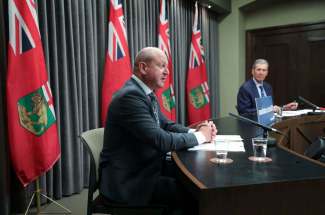Follow the money to see who’s pulling strings in CFL-XFL talks
Read this article for free:
or
Already have an account? Log in here »
To continue reading, please subscribe:
Monthly Digital Subscription
$0 for the first 4 weeks*
- Enjoy unlimited reading on winnipegfreepress.com
- Read the E-Edition, our digital replica newspaper
- Access News Break, our award-winning app
- Play interactive puzzles
*No charge for 4 weeks then price increases to the regular rate of $19.00 plus GST every four weeks. Offer available to new and qualified returning subscribers only. Cancel any time.
Monthly Digital Subscription
$4.75/week*
- Enjoy unlimited reading on winnipegfreepress.com
- Read the E-Edition, our digital replica newspaper
- Access News Break, our award-winning app
- Play interactive puzzles
*Billed as $19 plus GST every four weeks. Cancel any time.
To continue reading, please subscribe:
Add Free Press access to your Brandon Sun subscription for only an additional
$1 for the first 4 weeks*
*Your next subscription payment will increase by $1.00 and you will be charged $16.99 plus GST for four weeks. After four weeks, your payment will increase to $23.99 plus GST every four weeks.
Read unlimited articles for free today:
or
Already have an account? Log in here »
Hey there, time traveller!
This article was published 22/04/2021 (1697 days ago), so information in it may no longer be current.
Fans were provided some clarity as to what the 2021 Canadian Football League season might look like after the league announced Wednesday its new plans for a delayed campaign.
While a June start has been moved back to Aug. 5, and a traditional 18-game regular season has been cut to 14, this all just feels like a big distraction from the more pressing and game-changing business being done behind the scenes.
Because as exciting as a CFL season might be for many — and to be clear: there’s still no guarantee there will be a season this year — if a 2021 campaign can be played, there’s a good chance it could be the last as you currently know the CFL today.
Indeed, unless you’ve been living under a rock — no pun intended — you probably know about the CFL’s newest endeavour to revamp its business model. The league announced last month it’s in formal talks with the XFL, a twice-failed American spring football league under the new ownership of Dwayne “The Rock” Johnson, Dany Garcia and RedBird Capital Partners.
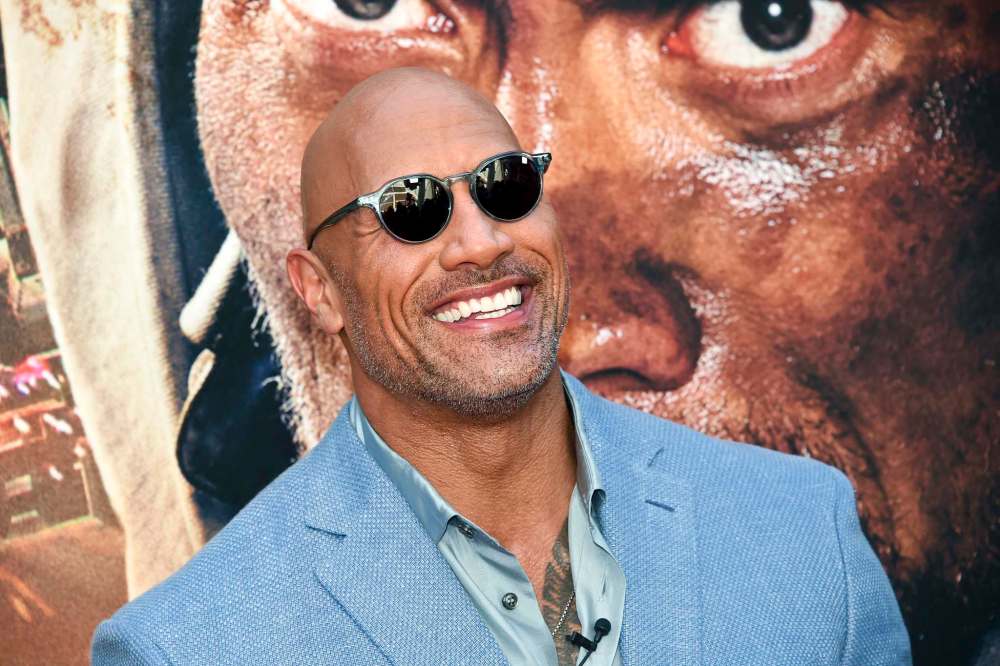
Ever since that relationship/alignment/partnership was publicly announced in mid-March, despite the two sides talking for months prior, what’s followed is a steady stream of stories and opinions that create a powerful narrative that the CFL is broke and lucky to have such a great option in the XFL to help it move forward. Meanwhile, without any real evidence behind these claims, committed fans of the CFL are left to simply trust the decision-makers in the league that they truly have the fans’ best interests in mind.
What we’re looking at here is a group of influential men, some of whom are simply tired of digging into their own pockets to support a money-losing league and now see a chance to maybe finally get the league the recognition it deserves — not to mention a long-awaited payday. Hence all the life-or-death talk that’s been spilling out of league executive’s offices.
Another thing that’s not being discussed openly is who exactly is steering the bus, pushing for a potential CFL-XFL merger. The league would have you believe it’s a united front among all nine teams. In a way, that’s true, but it’s a smaller group that is carrying the rest along.
Few have a bigger say in the future of the CFL right now than Larry Tanenbaum, the chairman and part owner of Maple Leaf Sports and Entertainment. MLSE owns the Toronto Argonauts, which is the smallest piece of their Toronto sport’s empire, one that is prioritized by the NHL’s Maple Leafs, the NBA’s Raptors and Major League Soccer’s Toronto FC, among other teams and properties. 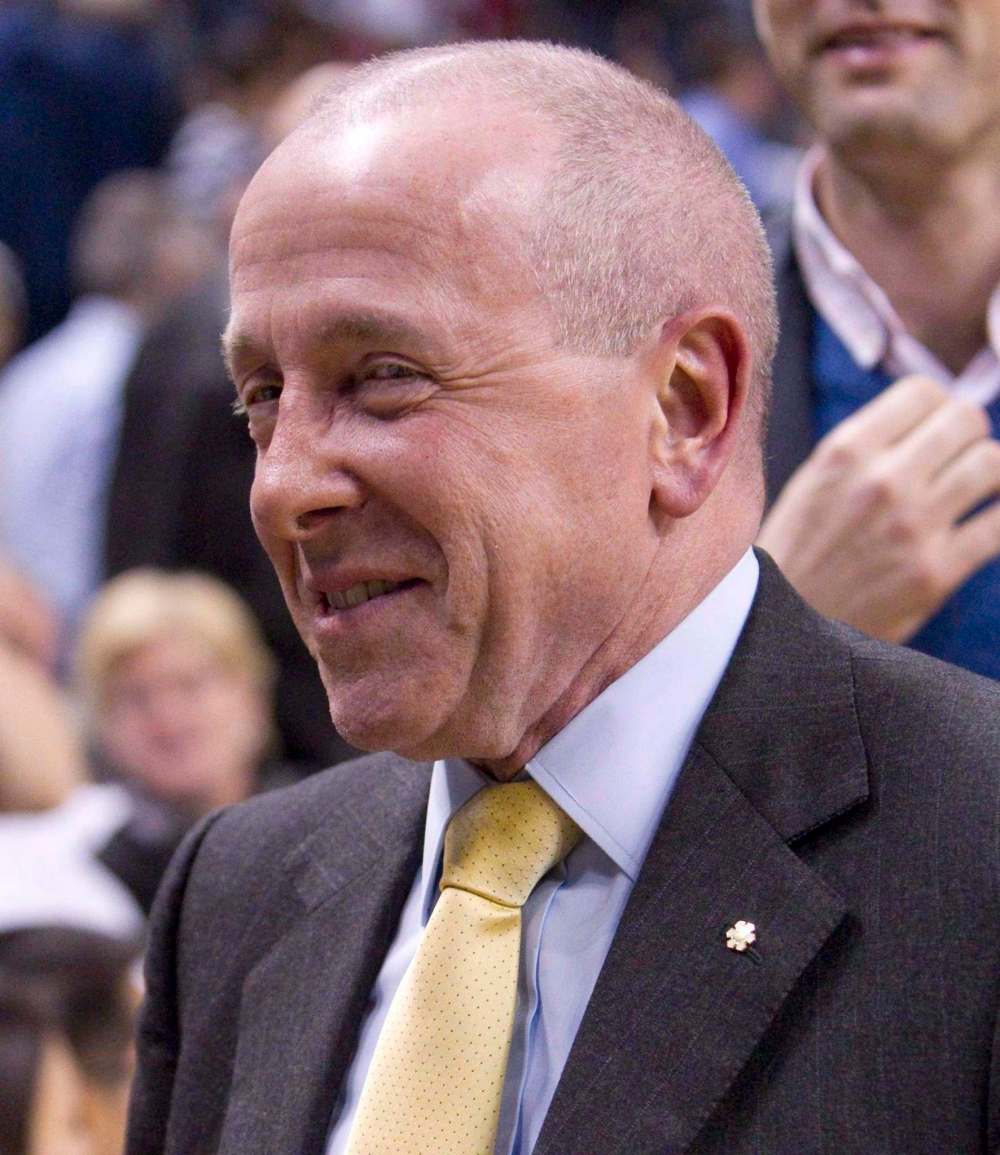
MLSE is also partly owned by Bell Canada Enterprises Inc., which has a 37.5 per cent stake in the company — the exact same ownership piece as competing telecommunications giant, Rogers Communications. What’s more, Bell owns TSN — as well as French station, RDS — with the two TV stations making up the CFL’s main broadcasting partners.
The two sides re-upped their contract just prior to the 2019 Grey Cup, signing a six-year extension that gives TSN exclusive Canadian broadcast and digital media rights in all languages to all pre-season, regular season, and playoff games, as well as exclusive Grey Cup radio rights in all languages. In return, TSN gives the CFL a boatload of cash, topping out at around $50 million a season. Beyond ticket sales, the agreement with TSN is the league’s greatest revenue stream.
As the saying goes: if you want answers, just follow the money.
You need more than just a big bank account and a willingness to keep afloat the Argonauts, among the league’s biggest cash killers, to have significant sway over the direction of the three-down game. You also need to have people on your side who align with your plans for the future.
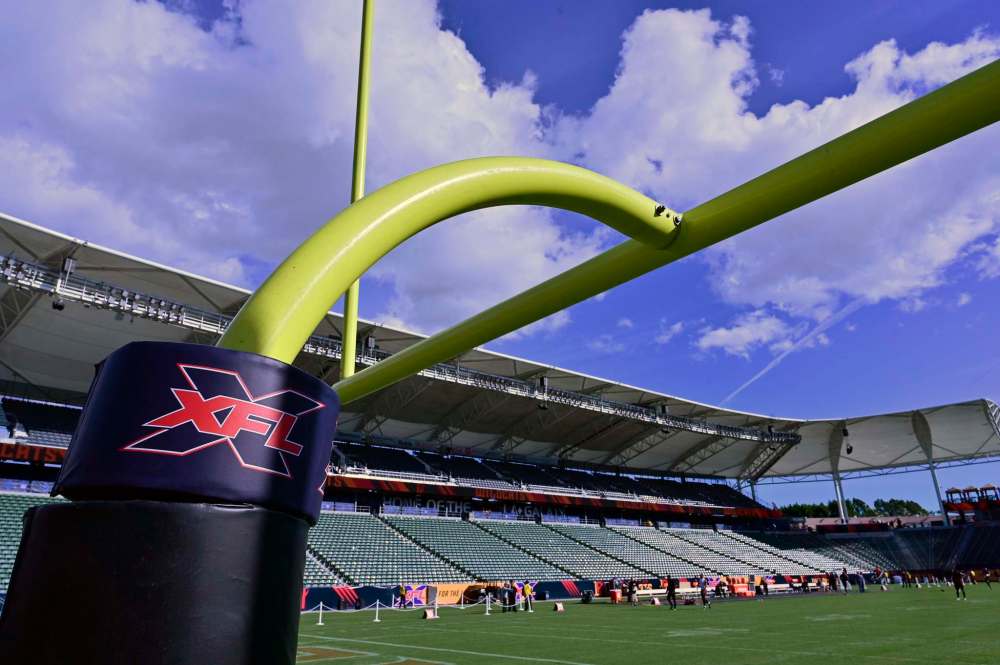
So let’s continue connecting the dots. Look no further than the new ownership group of the Montreal Alouettes. Sid Spiegel, founder and chair of the board of Crawford Steel, and his son-in-law, Gary Stern, who is Crawford Steel’s CEO, purchased the Alouettes in early January 2020, just months before the start of the COVID-19 pandemic.
In what’s been well documented in a number of news articles, Stern was approached by Dale Lastman, a life-long friend who also serves as a Director of MLSE, at his own Grey Cup party to see if he would be interested in buying the Montreal franchise. It’s safe to assume Lastman played a significant role in convincing Stern to buy the Alouettes, coming at a time when it looked like no one ever would.
A few weeks later, Lastman was named the chairman of the CFL’s board of governors, replacing Jim Lawson, and a short time after that Stern and Spiegel bought the Alouettes. The role of the league’s chairman is to run the meetings, which has varying degrees of success, depending on how many friends you have in the room.
With such close ties between Tanenbaum, Stern and Lastman, it’s pretty easy to believe they would be aligned in their thinking, and have the power and influence to enact change. But there’s another piece to this puzzle and it includes the B.C. Lions.
David Braley, the Lions long-time owner, died in October, at the age of 79. A Hamilton business man who over his decades-long love affair with the CFL owned three different teams, Braley left the Lions in his estate, including money to carry the team in the immediate future.
In talking with people across the league, the interest from the Braley family is to sell the team. But the valuation of the Lions is so poor at the moment, especially with the CFL going dark, that no one in their right mind would buy the club.
There have been rumblings and it would only make financial sense that the family would be hesitant to play during a global health crisis. Ditto for Toronto and Montreal. Perhaps more importantly, if they hope to turn a profit one day it’s likely going to take major moves by the league to make that happen.
Which brings us to present day and trying to understand why the CFL has gone this far down the XFL rabbit hole and allowed speculation to run rampant.
To explain it in easy terms, the CFL saw the massive losses from 2020 — the league claims to have bled between $60-$80 million, though those balance sheets remain hidden behind closed doors — and apparently realized they had reached a proverbial fork in the road.
The options, I’m told, were to commit to the traditional CFL, only a much-scaled down version being referred to as “small CFL” — or aim much, much bigger.
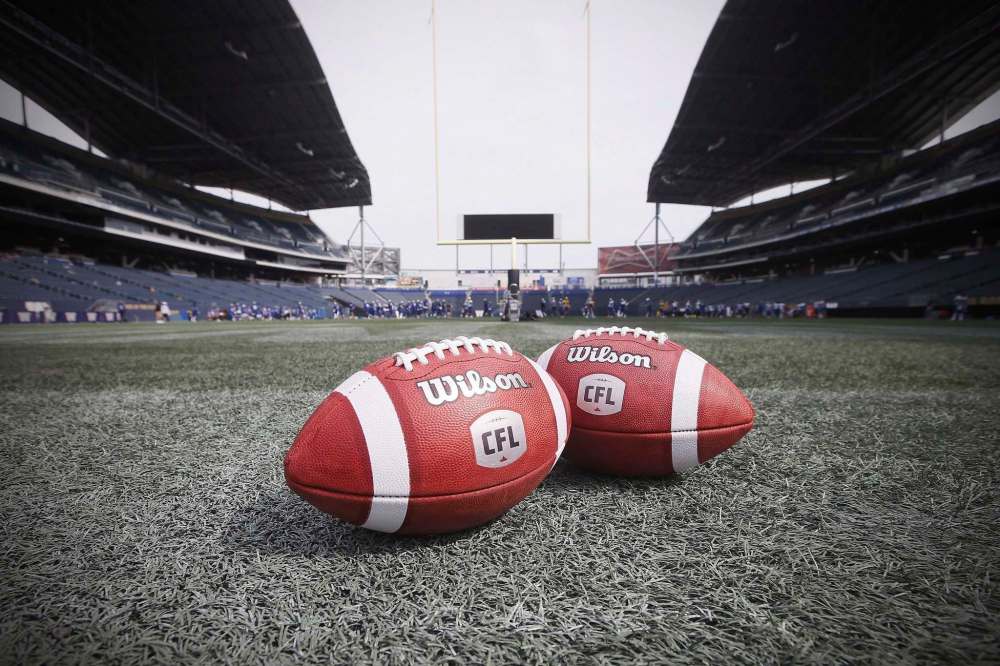
The second option then is to get into bed with the XFL. The feeling among the Argonauts, Alouettes and Lions is that the bigger, the better, at least when it comes to improving the CFL’s financial picture and their own club’s value. International leagues, the argument goes, will welcome more revenue opportunities than what the CFL has been able to get. Think one-event gambling and global media deals.
I can’t say I disagree with the logic. It would take a lot of change and creativity to take another run at proving the CFL to be a successful business and the likelihood of achieving that, while not fully known, would be understandably challenging.
MLSE also has a legitimate beef in not wanting to keep the Argonauts in a city that has all but forgotten them. The same for Stern and the Braley family, both of whom inherited CFL teams at quite literally the worst possible time.
These people are businessmen and they didn’t get rich throwing good money at bad ideas. And the reality being sold is the CFL, as it stands, is bad business.
These people are businessmen and they didn’t get rich throwing good money at bad ideas. And the reality being sold is the CFL, as it stands, is bad business.
What is hard to forgive is the CFL is just allowing this to play out without letting the fans know exactly why or what’s happening. Part of that is because they want to be definitive in their updates, but also because they don’t want to feel what will surely be severe backlash from their most committed supporters.
If you aren’t aware of just how influential a ticked off fan base can be, go check out how long soccer’s Super League lasted this week after fans had their say. Spoiler: 48 hours.
As for the actual CFL-XFL talks, I’m told by multiple people that despite the Hollywood allure of Johnson, a former Calgary Stampeder castoff, he’s genuine in wanting to see the CFL game thrive under a new partnership. As for proposed changes, those talks are in the very early stages but the CFL will almost surely endure some.
Here’s to hoping we get some added clarity before it’s too late.
jeff.hamilton@freepress.mb.ca
twitter: @jeffkhamilton

Jeff Hamilton
Multimedia producer
After a slew of injuries playing hockey that included breaks to the wrist, arm, and collar bone; a tear of the medial collateral ligament in both knees; as well as a collapsed lung, Jeff figured it was a good idea to take his interest in sports off the ice and in to the classroom.
Our newsroom depends on a growing audience of readers to power our journalism. If you are not a paid reader, please consider becoming a subscriber.
Our newsroom depends on its audience of readers to power our journalism. Thank you for your support.


